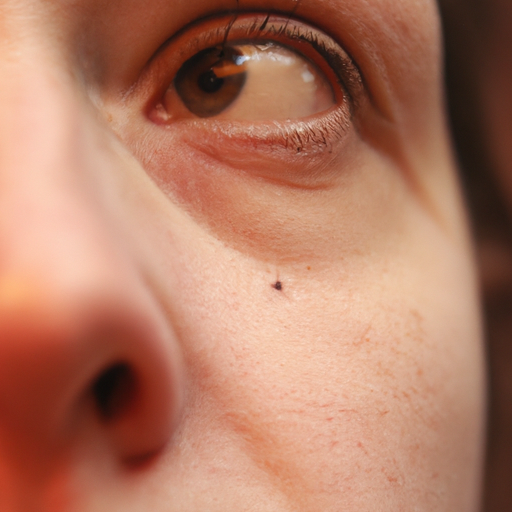As a medical professional, I have encountered numerous patients who suffer from sensitive skin. This condition, while not life-threatening, can significantly impact a person’s quality of life. In this article, we will delve into the causes and symptoms of sensitive skin, unmasking the mysteries behind this common condition.
Sensitive skin is a term used to describe skin that is more reactive than normal. It is characterized by various symptoms such as redness, itching, burning, and dryness. These symptoms can be triggered by factors that do not usually affect other people’s skin. However, the term ‘sensitive skin’ is broad and can encompass several different conditions.
The causes of sensitive skin are multifaceted and can be both intrinsic and extrinsic. Intrinsic factors are those that are inherent to the individual, such as genetic predisposition, age, gender, and ethnicity. For instance, fair-skinned individuals and those with a family history of allergies or eczema are more likely to have sensitive skin.
Extrinsic factors are environmental or lifestyle-related. These include exposure to harsh weather conditions, pollutants, certain skincare products or cosmetics, and even stress. For example, using skincare products with harsh chemicals or fragrances can strip the skin of its natural oils, leading to dryness and sensitivity.
Furthermore, certain medical conditions can also cause sensitive skin. These include rosacea, eczema, and psoriasis, which are characterized by inflammation of the skin. Allergic reactions to certain substances can also result in sensitive skin symptoms.
Now that we’ve explored the causes let’s dive into the symptoms of sensitive skin. The most common symptom is an unpleasant sensation on the skin, such as burning, stinging, itching, or tightness. These sensations may occur immediately after applying a product to the skin or may develop over time.
Redness is another common symptom. This can range from mild pinkness to severe redness that covers large areas of the skin. In some cases, the skin may also become swollen or develop a rash.
Dryness is also a common symptom of sensitive skin. This is because the skin’s barrier function, which helps to retain moisture and protect against irritants, is often compromised in people with sensitive skin. This can result in flaky, rough, or scaly skin.
In severe cases, sensitive skin can also lead to the formation of blisters or sores. These can be painful and may take longer to heal.
It’s important to note that everyone’s skin is unique, and what triggers a reaction in one person may not affect another. Therefore, it’s crucial to understand your skin and what it reacts to. If you suspect you have sensitive skin, it’s best to consult with a dermatologist or a skincare specialist who can help you identify your triggers and recommend suitable products for your skin type.
In conclusion, sensitive skin is a complex condition with various causes and symptoms. By understanding these, individuals can better manage their skin health and reduce the occurrence of uncomfortable symptoms. As a doctor, my advice is to always listen to your skin. It’s often the first line of defense against environmental stressors and can tell you a lot about your overall health.



